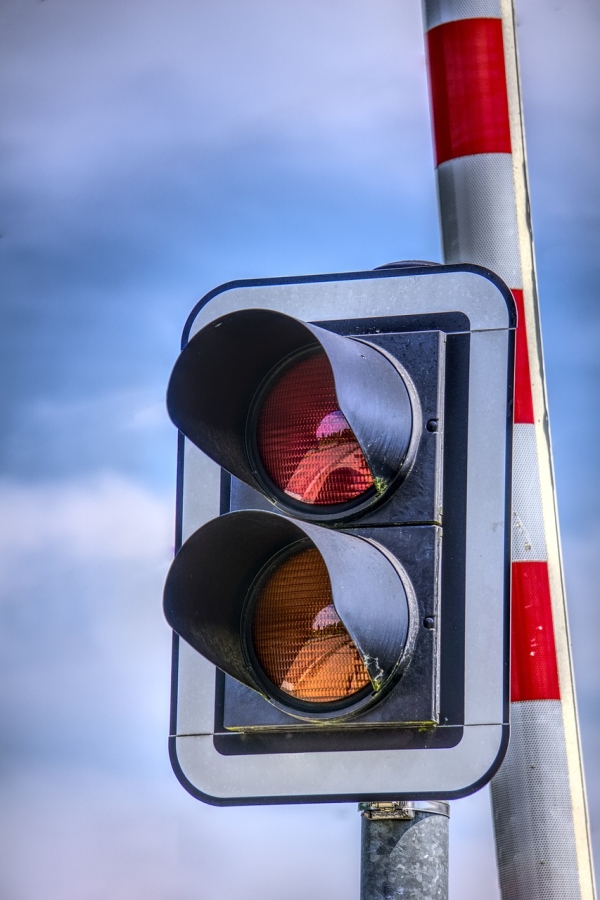
Surplus to requirements – HS2 land disposal policy
20/11/23
We’re all used to hearing the words ‘train’ and ‘cancellation’ in the same sentence, but the superfast north-south rail link High Speed Two (HS2) has been intermittently in the news since its inception in 2012. It’s been a bumpy road, to say the least, as the HS2 project progressed in fits and starts on its way to Birmingham. The announcement by the British Prime Minster recently that Phase 2 is not reaching fruition has led to a great deal of upheaval and uncertainty among residents and landowners along the proposed route. In our latest blog we look at how you could be affected and what you can do to if you have been.
Surplus to requirements
Now the second phase has been cancelled, tracts of land that have already been purchased along the route will need to be addressed, via the disposal of surplus land. Phase 2 was intended to connect the West Midlands to Manchester, Leeds and the Northwest of England, and considerable planning had gone ahead in securing a route through the often rural landscape. This involved HS2 Ltd, the public body responsible for HS2, using compulsory purchase orders to acquire thousands of homes, properties and acreage. However, for those that have lost out – and this includes some longstanding residents who have been forced to relocate – there may be a chance to rectify this with a new set of policies to aid them.
Known as the Crichel Down Rules, these are non-statutory rules from the 1950s that allow the previous owners to reacquire their land and property. Not all property that was compulsory purchased for the line would be needed throughout the line’s lifetime. Some land would only be required to allow access for construction, to example. So HS2 had already developed a specific Land Disposal Policy, using the Crichel Down Rules as its basis. This contained Guiding Principles, which set out how land that was acquired compulsorily should be dealt with now it was surplus to requirements.
The next phase
The cancellation of Phase 2 means it is likely that more former owners and occupiers of land and property will now stand to benefit from the HS2 Land Disposal Policy than if Phase 2 had proceeded. The general rule is former owners have the first opportunity to repurchase the land at current market value. To count as having a qualifying interest in the offer, you must meet the government’s criteria. You can be a former freeholder of the whole or part of a site. If the former freeholder does not want to buy back the site, a former leaseholder who had a lease of the site (with an unexpired term of at least 21 years) will qualify. The successors of anyone who would have fallen into either of these categories, had the property not been acquired by HS2, also qualify. Other instances include when there was fragmented ownership of a site at the time of the purchase, then a consortium of former owners could apply to buy the land collectively. In certain circumstances, a sitting tenant of a dwelling can apply to repurchase too, though this does not apply to agricultural units.
Exceptions to the Rule
There are exemptions where the Secretary of State decides that the land should not be offered back to its former owners. This includes sites where any work has changed the character of the land since its acquisition – for example, where a building with land was acquired and then demolished, but only part of the land has now become surplus to requirements. It includes agricultural land that has been isolated and is no longer capable of being farmed economically. It also pools land with adjoining ownerships in a joint disposal. Another example is where a site is required for environmental purposes and where the former landowner is either unwilling or unable to carry out those requirements to create community facilities or wildlife habitats. Former owners are not permitted to repurchase land if they are not prepared to pay the market value of the site, or to offer terms that the Secretary considers the best value. If the Secretary of State thinks it’s in the public interest that the land should be transferred to another Public Body with compulsory purchase powers, the land will not be offered to be returned into its former ownership. There are definite procedures and timescales for communication with the disposing public body and it’s important that these deadlines are met.
If you are affected by the compulsory purchase orders implemented by HS2 then get in touch with our experts. We can provide advice and guidance as to whether you qualify to repurchase land and property, and how you go about it. https://www.forgeproperty.co.uk/contact-us/





